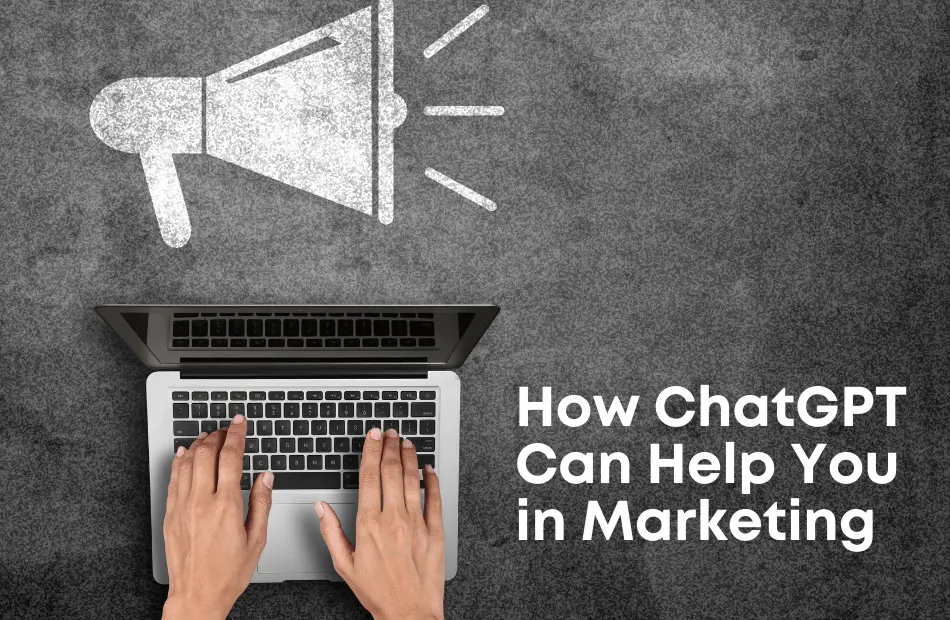The field of marketing is constantly evolving, with new technologies and strategies emerging to help businesses effectively reach and engage their target audience. One such technology that has garnered significant attention is ChatGPT, a powerful language model developed by OpenAI. But can ChatGPT really help in marketing? In this article, we will explore the potential of ChatGPT in revolutionizing marketing efforts and driving business success.
- Enhanced Customer Engagement: ChatGPT can play a vital role in improving customer engagement. By leveraging ChatGPT’s natural language processing capabilities, businesses can create interactive chatbots or virtual assistants that provide personalized and real-time support to customers. These AI-powered chatbots can offer product recommendations, answer frequently asked questions, and guide customers through the purchasing process, leading to enhanced customer satisfaction and retention.
- Content Creation and Optimization: Generating compelling and relevant content is a crucial aspect of marketing. ChatGPT can assist marketers by generating creative ideas, helping with content research, and even providing draft content for blog posts, social media updates, and email campaigns. Marketers can leverage ChatGPT’s ability to understand context and generate human-like responses to create engaging and persuasive content that resonates with their target audience.
- Data-Driven Insights: In the age of data-driven decision-making, ChatGPT can analyze vast amounts of marketing data and extract meaningful insights. By processing customer feedback, social media conversations, and market trends, ChatGPT can help marketers identify patterns, uncover hidden opportunities, and make data-backed decisions to optimize marketing campaigns, messaging, and targeting strategies.
- Personalization and Customer Segmentation: One of the key challenges for marketers is understanding and segmenting their target audience effectively. ChatGPT can assist in this regard by analyzing customer data and behavioral patterns, allowing marketers to create highly personalized marketing campaigns. By tailoring messages, offers, and recommendations to specific customer segments, businesses can improve conversion rates, customer loyalty, and overall marketing ROI.
- Predictive Analytics: ChatGPT’s ability to process and analyze vast amounts of data enables it to make predictions and forecasts. By leveraging historical data and machine learning algorithms, marketers can use ChatGPT to predict consumer behavior, market trends, and customer preferences. These insights can guide marketing strategies and enable businesses to stay ahead of the competition.
- Social Media Management: With the proliferation of social media platforms, managing online presence and engaging with customers can be a time-consuming task. ChatGPT can streamline social media management by automating routine tasks, suggesting content ideas, and even responding to customer queries. This allows marketers to focus on strategic initiatives while maintaining an active and responsive social media presence.
- A/B Testing and Optimization: ChatGPT can assist marketers in conducting A/B testing and optimization experiments. By generating alternative messaging or ad copy options, marketers can test different variations and analyze customer responses to optimize their campaigns for maximum impact. This iterative process, empowered by ChatGPT, enables marketers to fine-tune their marketing strategies and achieve better results.
Conclusion: ChatGPT is more than just a language model; it has the potential to revolutionize marketing efforts. From enhancing customer engagement and providing personalized experiences to assisting with content creation, data analysis, and predictive insights, ChatGPT offers a wide range of capabilities that can drive marketing success. As businesses continue to embrace AI technologies, integrating ChatGPT into marketing strategies can lead to improved customer relationships, better decision-making, and ultimately, business growth in the dynamic and competitive marketing landscape.





